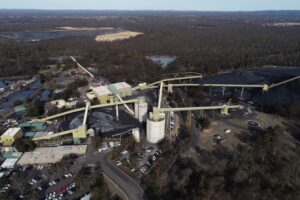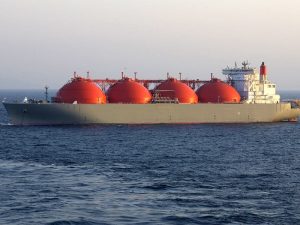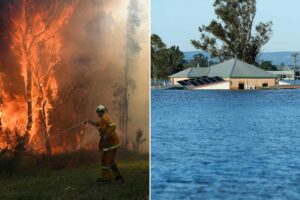
As a week of key climate talks wrapped up in Bonn, Germany last Friday, we’re within the last 100 days before the December climate summit in Paris – known as COP21 — where countries aim to reach a new international climate agreement.
The Bonn negotiations made important progress in clarifying the core structure for the Paris pact. Ministers and heads of state can build on this progress in the series of high-level meetings in New York City and elsewhere in the weeks ahead. However, time is short. Countries will need to intensify and focus their efforts to set the stage for success in December.
While progress was uneven at times, the Bonn negotiators identified the most essential issues and began crafting a coherent architecture for the agreement. It was as though they were in a garage attempting to build an engine (battery powered of course), with parts lying about. Their task was to distinguish the various pieces, put them into clear categories, and then figure out how they should be ordered to build the engine. It’s a work in progress. The pieces are coming together, though you can’t see exactly what the final product will look like at this point.
The sorting and assembly accomplished lays the groundwork for a negotiating session in Bonn next month, the last preparatory meeting for COP 21. This week’s talks ended on a positive note as negotiators gave a clear mandate to the co-chairs of the negotiating process to prepare a new, concise negotiating document. This will help negotiators hit the ground running when they head back to Bonn.
Here are five of the key issues addressed at this week’s meeting:
- Cycles of Improvement. Negotiations continued on a process to review and update or ramp up action at regular five-year intervals. A central question is whether countries will be required to revisit and consider upgrading their national mitigation commitments at these times. Negotiators also discussed creating specific processes to regularly enhance adaptation and finance.
- Long-term goal. Many countries identified a long-term goal to deeply reduce emissions as a key part of the agreement. Momentum for adopting a long-term goal has grown after the recent climate statement by Brazil and Germany, which included support for decarbonization over the course of the century in a fair and equitable way.
- Transparency and accountability. There was an emerging vision for countries to converge over time on a common approach to transparently measure and report countries’ emissions.
- Finance. Progress on refining the finance section of the negotiating text was slow in Bonn, underlining the continued difficulty of reaching agreement on this issue. However, countries made progress in identifying the main issues that they want to see reflected in the Paris outcome. A central focus needs to be on how the outcomes in Paris can mobilize and shift investments at the scale needed to decarbonize economies and enhance climate resilience for all. Most immediately, this requires new pledges to meet the existing commitment to mobilize $100 billion a year by 2020.
- Adaptation and loss and damage. There were productive discussions about how to incorporate adaptation in the agreement. Meanwhile, countries came forward with concrete proposals to address climate impacts that are difficult or impossible to adapt to, known as loss and damage. The proposals showed some potential for finding common ground on loss and damage, though this will remain a complicated issue requiring constructive solutions on the way to Paris.
The negotiating session in October will be critical to achieving success on these key issues and others, but there are a number of other upcoming opportunities that are also critical to building momentum for the agreement. Environment ministers are gathering this weekend in Paris to discuss finance and adaptation issues, a number of heads of state will convene for a lunch during the UN General Assembly and Sustainable Development Summit in New York later this month and the Major Economies Forum will meet later that same week on the 2015 climate agreement. Finance ministers are also convening in Lima, Peru, on the sidelines of the World Bank/IMF annual meetings later this year to discuss climate finance.
All of these are moments to foster the positive political atmosphere and concrete progress we need heading into the Paris climate summit. In addition to international gatherings, action is gathering steam at the national level. More than 50 countries have put forward their country climate plans – intended nationally determined contributions (INDCs) – and 40 more are expected in September.
The negotiations in Bonn this week set the foundation for an agreement in Paris that can drive the world toward a low-carbon economy.
Source: WRI. Reproduced with permission.







